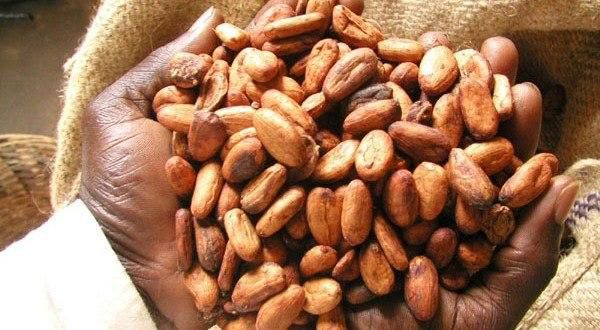EU cautions Ghana and Côte d’Ivoire to reform cocoa sector or risk losing global market share
)
Ghana and neighbouring Côte d’Ivoire are confronting renewed pressure from the European Union and French development partners to accelerate long-delayed cocoa sector reforms, amid warnings that both countries risk losing competitiveness under emerging global sustainability standards.

According to Joy news, the call was made during a two-day Cocoa4Future feedback workshop in Accra, where researchers presented findings from a five-year EU- and AFD-funded project that examined agroforestry systems, disease control, certification schemes, farmer livelihoods and climate resilience in both countries.
EU officials stated plainly that unless the adoption of agroforestry increases, deforestation is reduced and labour-related risks are addressed, West African cocoa could face growing barriers under new European sustainability regulations and tougher buyer requirements.
The research underscored key vulnerabilities in the cocoa sector and outlined potential pathways for reform. Findings showed that many farmers continue to favour low- or no-shade production systems, which may increase short-term yields but ultimately weaken ecological resilience and undermine long-term productivity.
Researchers noted that this practice hampers forest regeneration and leaves cocoa-growing areas highly exposed to the impacts of climate change.
In terms of disease management, Cocoa Swollen Shoot Virus Disease (CSSVD) remains widespread, with yield losses reaching up to 202 kilogrammes per hectare on severely affected farms. Farmer-led control measures, including pruning infected sections or applying chemicals, were found to be largely ineffective.
Researchers recommended strengthening rehabilitation programmes, increasing the production of CSSVD-resistant seedlings and expanding technical training to support early detection of the disease.
Certification studies indicated that Fairtrade and Organic schemes can significantly boost yields, incomes and job creation, although their impact on broader food security and working conditions remains uneven. The research team stressed the need for stronger cooperatives, improved extension services, affordable credit and more diverse buyer networks to enhance certification outcomes.
READ ALSO: GTEC seeks suspension of Alfred Attuquaye Botchway over fake PhD claims as NIB launches probe
Across all focus areas, the recommendations were clear: governments must scale up input distribution, clarify tree tenure rights, promote hybrid cocoa varieties, encourage agroforestry adoption and formalise livelihood support systems for farmers, including pensions, credit and modern equipment.
Development partners warned that these evidence-based reforms are urgent as the global cocoa market moves firmly towards traceable, climate-resilient and ethically sourced production: standards that Ghana and Côte d’Ivoire risk falling behind if progress continues to lag.
Source: Joy news
)
)
)

)
)
)
)
)
)
)
)